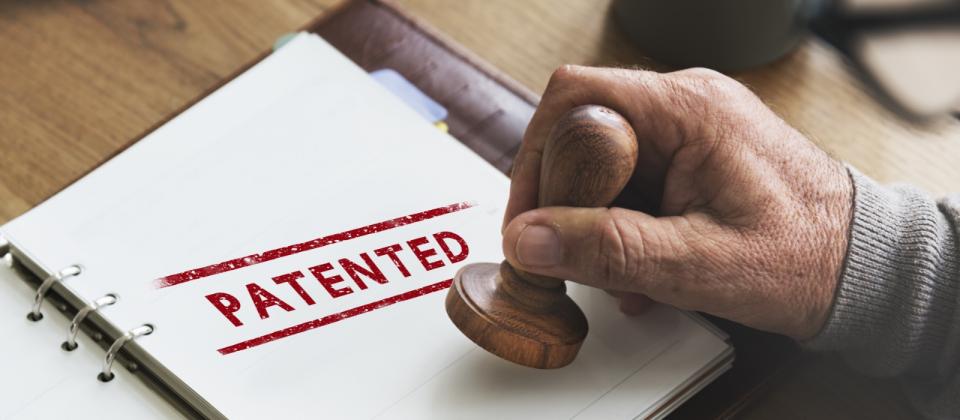We all remember the case of Charlotte Fiji, the American girl that changed the cannabis industry and its international legal framework forever. Charlotte, who suffers from a form of epilepsy called Dravet’s syndrome, managed to control her seizures with CBD, to the point that her parents say the cannabinoid has saved her life.

It was from then on that CBD, the compound in cannabis that had until then been overshadowed by its close cousin THC, was catapulted to international attention. The medical and scientific community threw itself into researching the therapeutic properties of CBD and the findings obtained gradually led to the normalisation of medical cannabis – sometimes even recreational – in several states and countries across the world.
Named Charlotte's Web in honour of Charlotte, the strain that helped this once severely ill girl contained significantly more CBD than most strains back then. Also, its low THC level meant it was less intoxicating when used as medicine.
While the authorship of the strain has been surrounded by controversy, the official version is that it was created by Colorado's famous Stanley brothers, who a few years later founded the company CWB Holdings – under which they have now patented their first pure CBD strain.
A watershed patent
The patent designates the strain as CW2A, and describes it as a hemp strain capable of producing up to 6% CBD and only 0.27% THC. This cannabinoid profile means the strain can be grown and distributed legally under the federal law passed by president Donald Trump on December 2018, which allows the production of industrial hemp on the federal level provided its THC content is below 0.3%.

The next natural step for the Stanley brothers seems to be using Charlotte's Web for producing high-CBD hemp-derived products, which in recent years have flooded supermarket shelves in the U.S. This paradigm shift comes as a direct result of Donald Trump's green light to the production of hemp, which has completely transformed the American cannabis industry.
The growers who once filled their gardens with cannabis strains whose flowers would then sell to dispensaries are now investing in large hemp crops so as to keep pace with a market that no longer limits itself to weed, but which is now also demanding CBD derivatives such as oils, edibles and shampoos. In 2018, Americans were estimated to have spent $2 billion on CBD products, and the market is expected to grow to $16 billion by 2025.
As the hemp craze continues to soar, exciting new possibilities are opened up for industry players, and being awarded the first patent can give the owner a huge competitive advantage. Competitors, however, have not let the grass grow under their feet, and have for some years now been developing pure CBD strains with CBD contents which far exceed that of Charlotte's Web, sometimes producing up to 14% CBD and less than 0.5% THC.
What's the scope of the patent?
The patent issued to CWB Holdings for their strain covers only the plant, meaning it just protects against competitors growing clones of the same strain. But despite its limited use, its uniqueness as the first and only hemp patent issued so far represents a giant leap forward.
Although it has not been made public yet, the Stanley brothers are allegedly in the process of being awarded a seed patent. And since large-scale hemp production will most probably be seed-based rather than clone-based – the former are easier to handle than the latter – this new patent could mark a significant turning point for the emerging industry of pure CBD cannabis.





Give us your feedback
Your rating (between 1 and 5)
1 2 3 4 5Leave a comment